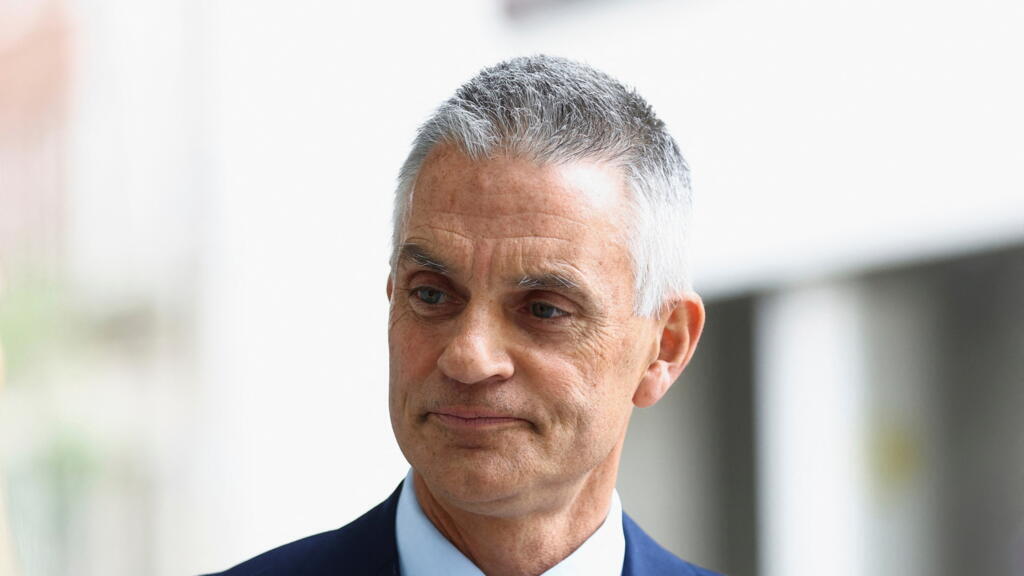BBC Leadership Changes Amidst Criticism of Bias
In a significant shift within the British Broadcasting Corporation (BBC), two key figures, Tim Davie, the Director General, and Deborah Turness, the Chief Executive of News, have resigned. This decision comes in the wake of mounting criticisms regarding perceived bias within the organization. One particular incident that has drawn scrutiny was the BBC's editing of a speech delivered by former US President Donald Trump, which has raised questions about the corporation's editorial standards and impartiality.
Tim Davie, who took over as Director General in September 2020, faced increasing pressure as allegations of bias in the BBC's reporting became more pronounced. Critics have accused the BBC of failing to maintain its commitment to impartiality, a cornerstone of its broadcasting ethos. The public service broadcaster has been under the microscope for how it balances political coverage, especially in relation to significant events and figures from both sides of the Atlantic.
Deborah Turness, who led BBC News since 2020, also found herself at the center of controversy. Under her leadership, the BBC's news coverage was intended to uphold strong journalistic values while navigating an increasingly polarized media landscape. However, the organization faced backlash over its approach to reporting on polarizing subjects, including the actions and statements of prominent political figures like Donald Trump. The concern was particularly amplified after the editing of Trump's speech, which some observers claimed misrepresented his intended message, fueling accusations of political bias.
The resignations of Davie and Turness signal a significant change in the management of BBC News and reflect the heightened scrutiny facing the media industry as a whole. The BBC, being a publicly funded institution, carries a unique responsibility to uphold impartiality and provide balanced coverage across the political spectrum. The leadership transition could pave the way for new strategies to address the criticisms and establish a more transparent approach to reporting.
Reactions to the departures have been mixed. Supporters of the former leaders argue that the pressure from vocal critics and social media campaigns detracted from the professional integrity of the organization. On the other hand, advocates for impartial journalism assert that the resignations are a necessary step towards restoring trust in the BBC as a neutral news source. The implications of their departures will likely resonate throughout the organization as it works to rebuild its reputation and address the issues at hand.
Looking ahead, the BBC faces the challenge of redefining its editorial policies and practices to ensure a fair representation of all viewpoints. This situation highlights the ongoing debates surrounding media bias, accountability, and the role of public broadcasting in an increasingly fragmented media environment. How the new leadership will approach these challenges remains to be seen, and it will be crucial for the BBC to engage with viewers and stakeholders to reaffirm its commitment to integrity and impartiality in journalism.
As the search for Davie and Turness’s successors commences, the future direction of the BBC's news operations will be closely monitored. The organization's responses to the criticisms and the new leadership’s vision for fair and balanced reporting will play a pivotal role in shaping the BBC's legacy and its relationship with the audience in the coming years.












